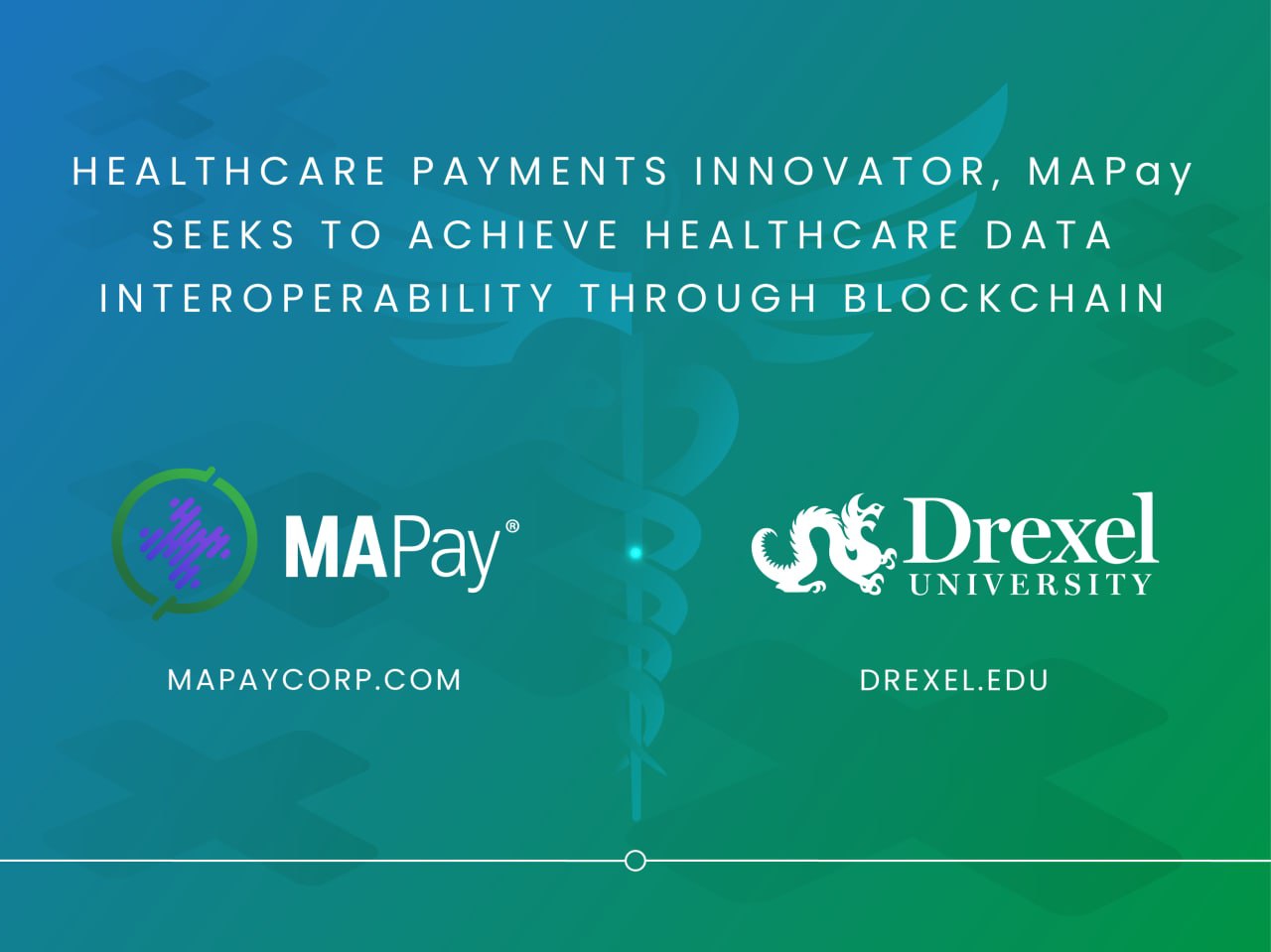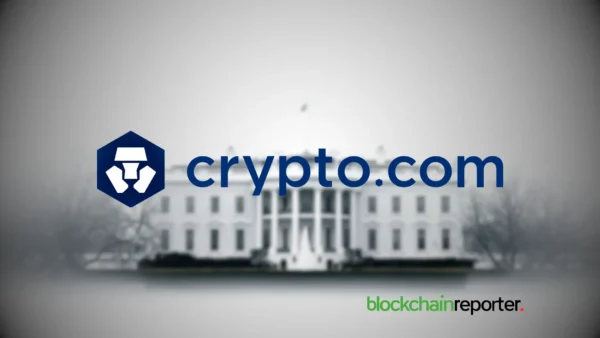
Philadelphia – MAPay, LLC, a global healthcare technology firm, has entered into a memorandum of understanding with Drexel University’s College of Medicine to serve as the basis for further good faith negotiations and discussions regarding future commercial research agreements to examine the possibility of deploying a healthcare payment and data exchange network that uses non-fungible tokens (NFTs) to democratize healthcare data.
The potential collaboration would explore the technical foundation and market understanding necessary to address one of the most challenging healthcare topics — patient data access.
In today’s healthcare environment, patients often do not have easy access to and control over their own medical data. Due to the challenge of data platform interoperability between providers and over long periods of time, patient health data can be incomplete or inconsistently accessible. This can affect the quality of care available to a patient and drive up the administrative cost of billing and collecting healthcare payments. It can also limit the use of valuable patient health information for medical research and development.
Despite significant industry and regulatory efforts to make medical records easier for patients to access and understand — across all of their care providers — it is still a challenging process for patients to dictate and understand how and where their information is used.
Michael Dershem, aka “Dersh,” CEO of MAPay, asserts, “The medical industry has laid the groundwork for a solution to be realized, but they are still dependent upon inefficient, incumbent services to establish patient identity. Provider-to-provider identities are also not readily facilitated in today’s health systems, which creates administrative and cost burdens when credentialing providers. These shortcomings are due to numerous legacy technical and business complexities including, yet not limited to, costs, competition, and privacy issues surrounding industry interoperability. MAPay and Drexel are exploring ways to use blockchain technology to allow patients and providers to verify medical records via a digital ledger.”
A non-fungible token (NFT) is an immutable digital artifact that whose ownership and authenticity is verified by a blockchain-based distributed leger system. MAPay is developing “patient data vault” NFTs that leverage the innovative Algorand blockchain to safely store verifiable patient information to provide a more complete healthcare history for care teams and other required health services.
“Patient-centric data interoperability goes beyond enabling EHRs to move data between one another or deriving relevant information from multiple unstructured data fields in many different systems,” said Dershem. “It puts the data into an individual’s control and creates a communal context by allowing NFT pools to be accessed and used for the greater health ecosystem.”
The technology could also allow individuals to easily provide their data to healthcare providers who use predictive diagnostics, such as contextual biomarkers. It would also enable them to selectively, safely and anonymously share the information in the support of medical research. And it could also make it easier for them to participate in employer health rewards programs.
“This initiative aims to serve all patient populations, particularly those in underserved areas,” said Charles B. Cairns, MD, senior vice president of Medical Affairs and dean of the College of Medicine. “Because this touches so many distinct aspects of healthcare, a multi-disciplinary approach bringing together business, medicine, public health and technology is needed to learn what opportunities lie ahead for NFTs in healthcare and explore challenges inhibiting its adoption.”
Right now, patient health information in institutions nationwide is being shared legally with various third parties, with patients often unaware of the extent to which this data is being used. Proponents of using blockchain assert that using this technology can de-identify this data –unless it includes a genome – and empower individuals to control where and their valuable information is shared and how it is used. Proponents suggest that blockchain could safely and securely allow patients to share portions of their healthcare data for efforts such as large-scale medical research projects, or to improve transparency in medical billing and prevent billing abuse and fraud.
MAPay aims to develop and deploy the technology for patients to make their health data an NFT and provide incentives and rewards to patients who choose to share their data for industry use. The technology seeks to provide a simplified, more structured, way for researchers to identify useful pools of data with the criteria needed for their work; and enable patients to be compensated for providing their deidentified, verifiable data for research purposes. The team hopes to foster a pool of rich data, and a marketplace to access it, that will improve research outcomes.
The future promise of healthcare depends on the availability and sharing of patient data. Because of patient privacy reasons, many patients are concerned about sharing their personal health information. Proponents of blockchain say current obstacles to aggregating healthcare information for research and population health management may be overcome if consumers are confident their data can be shared in a safe, secure, and anonymous manner.
MAPay and Drexel University College of Medicine will research this technology in an effort to improve outcomes in patient care, research, and healthcare access.
“We will be changing healthcare to human care, as it should be a global citizen and community,” Dershem said.
About MAPay
MAPay is a global healthcare fintech company that is deploying distributed ledger technology to power smart contracts, transacting secure medical solutions. The company has developed a hybrid architecture of both centralized and decentralized protocols for multi-party medical payments and HIPAA-compliant data exchange. MAPay is working in association with hospital networks, practice management systems, drug companies, insurance payers and government entities.
The company is committed to empowering patients and healthcare providers by leveraging blockchain technology to improve and align incentives, reduce costs, and bring increased transparency and data exchange. The company believes in permissionable open-sourced system collaboration, and solution sets that are economically and socially impactful. For more information, please visit https://www.mapaycorp.com/









